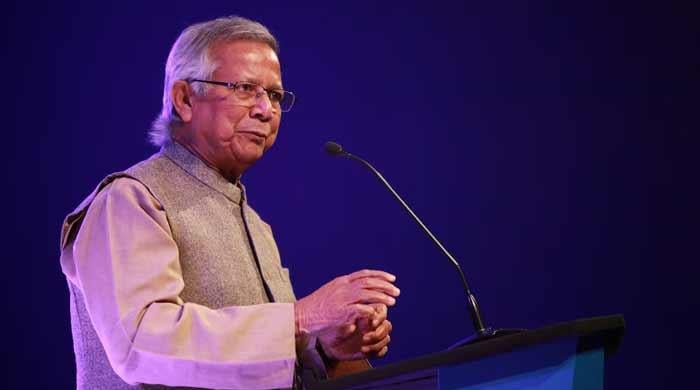WATCH: Should we be burning our trash?
Globally, world produces over 2 bn tons of household waste annually, with high-income countries producing more than their population
November 22, 2021
Burning trash in the open or in closed incinerators is harmful to the environment, warn experts. Instead, policymakers should look towards finding sustainable ways of trash disposal such as recycling, reusing waste and most importantly reducing trash altogether.
Globally, the world produces over two billion tons of household waste annually, with high-income countries producing more than their population, reports Deutsche Welle.
Around 37% of the global waste ends up in landfills, which in turn pollutes groundwater and produces methane. While only 20% or less is recycled.
To get rid of the heaps of trash, over half the world’s trash is burned openly every year.
“Open burning generates high levels of black carbon, which is soot and has a very strong global warming effect,” Zoe Lenkiewicz, senior technical advisor at Wasteaid, tells DW.
While some countries set fire to the trash in the open, others, especially European countries, burn their waste in controlled incinerators. The heat generated from these incinerators is then turned into energy, as the steam generated from the heat churns turbines to produce power.
Today, these plants provide power to 18 million Europeans and heat to 15 million. As a result, countries like Denmark and Netherlands have completely eliminated landfilling.
But these incinerators are expensive and can cost up to $1 billion. Also, they require state-of-the-art technology to be efficient, says Ella Stengler, the managing director of the Confederation of European Waste-to-Energy Plants.
Incinerators also generate carbon dioxide in the air.
What works for one country might not work for another though, say, experts, due to how much waste varies from country to country. “Absolutely one size does not fit all and you really need to look at what’s most appropriate for that local area,” Lenkiewicz tells DW.
But experts agree that the only clean and long-term solution to waste management is recycling, reusing trash and reducing waste at an individual level.
Featured image: Reuters/Thaier al-Sudani











